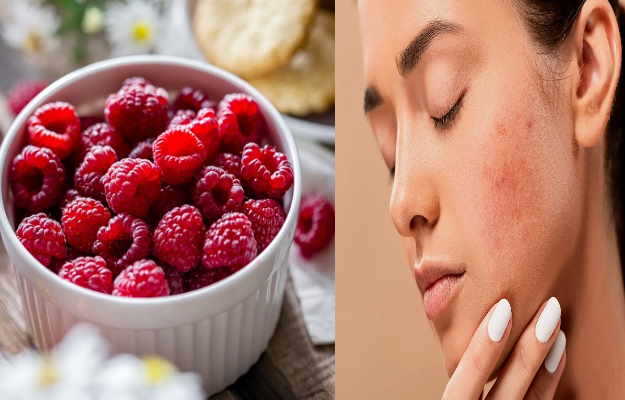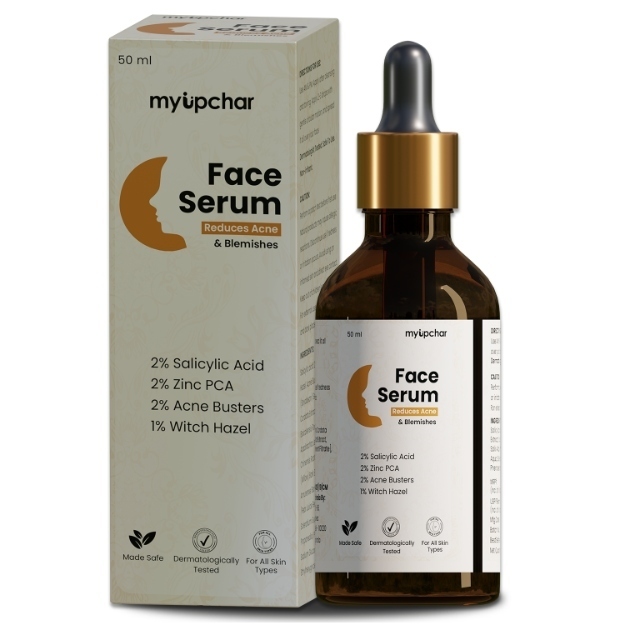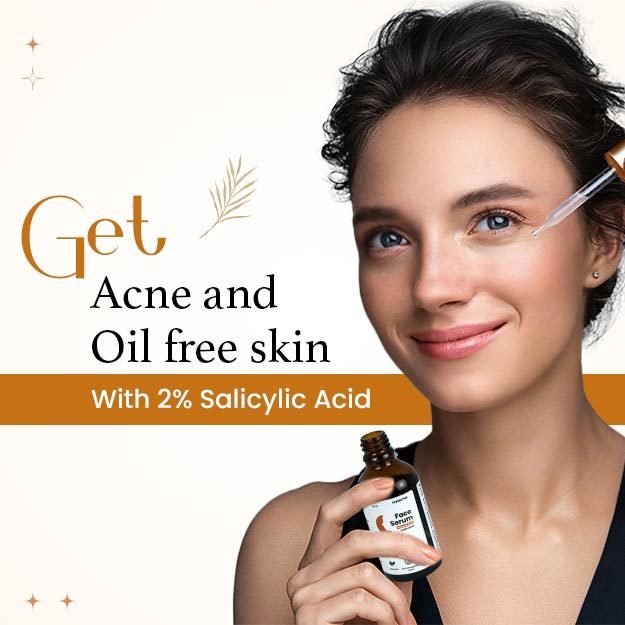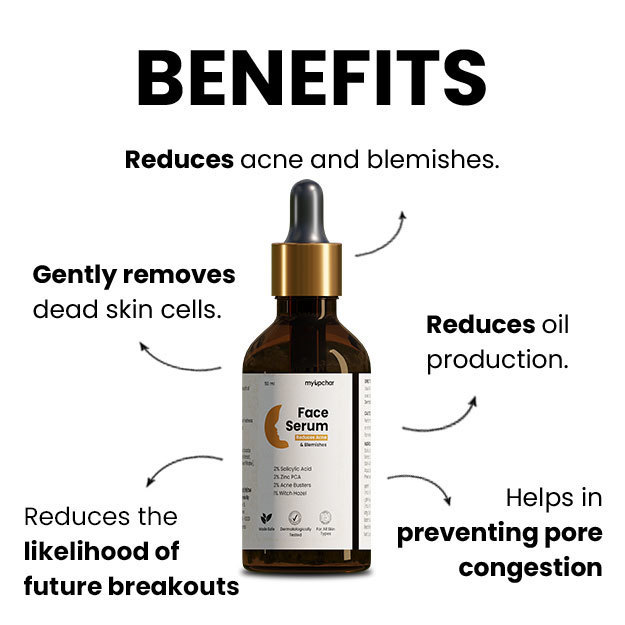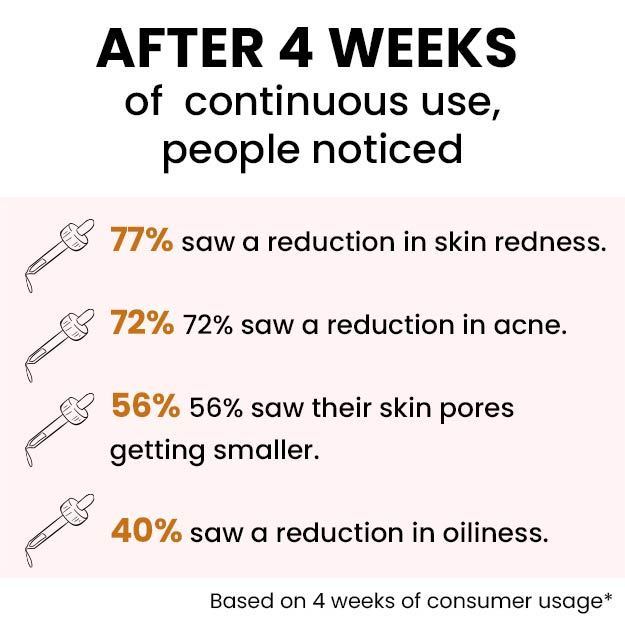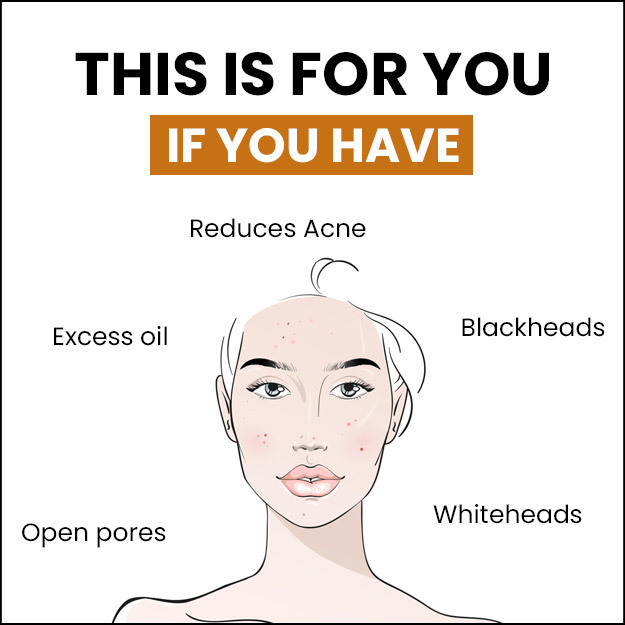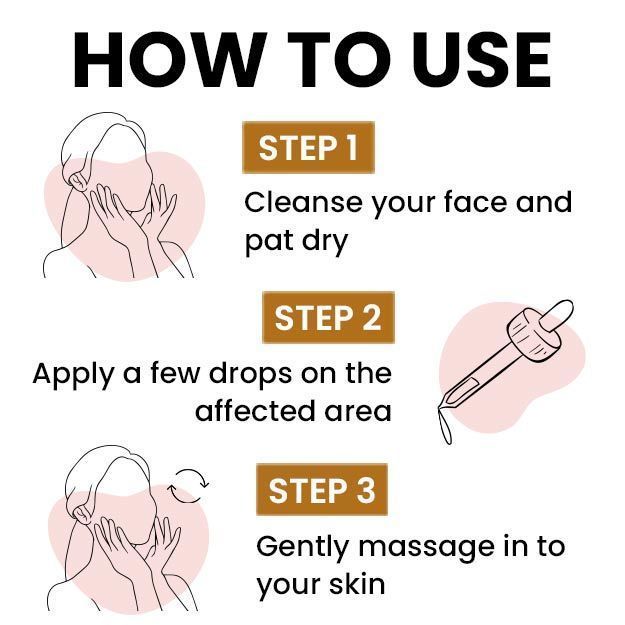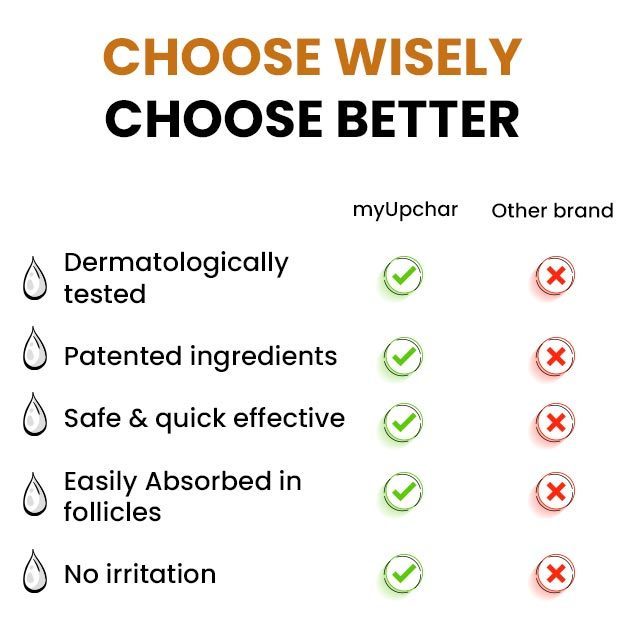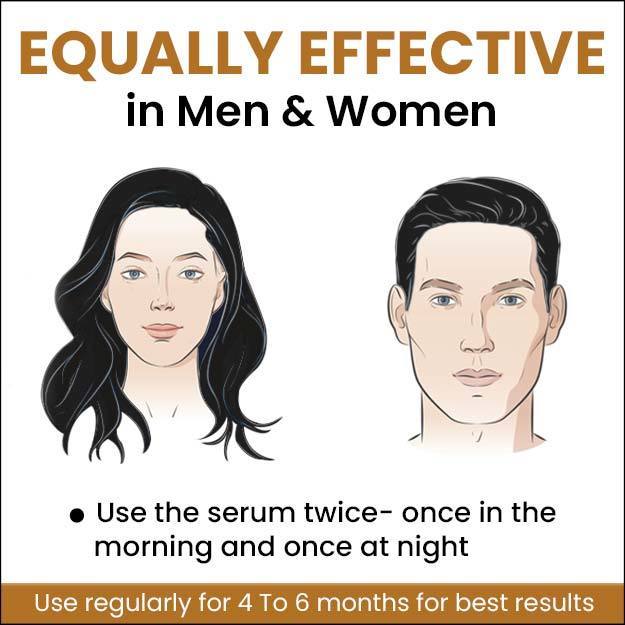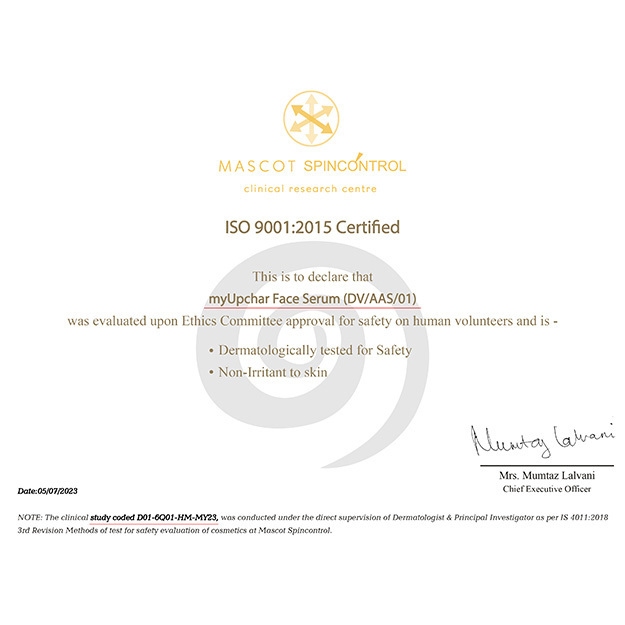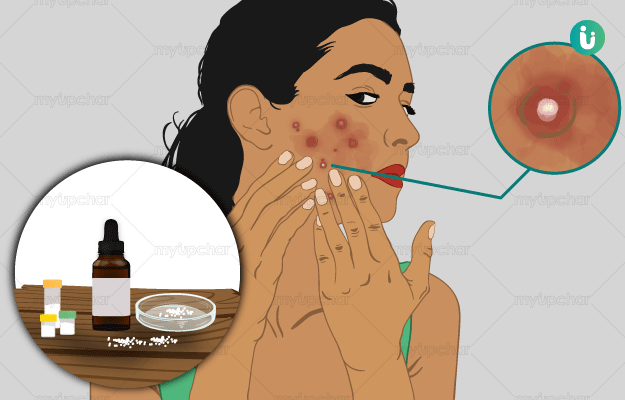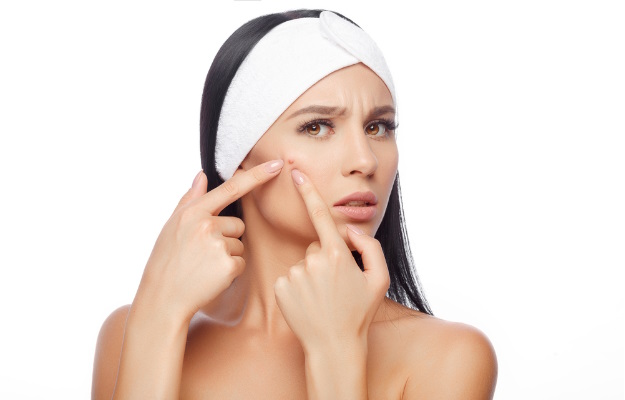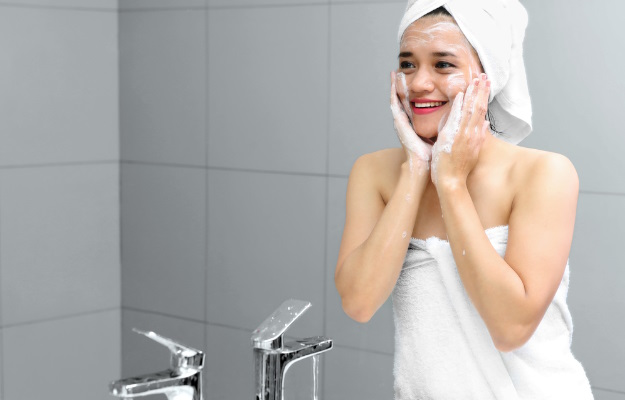The sebaceous glands present all over your skin secrete oils (sebum) to keep the skin moist. When these glands get clogged with dirt or oil, it can lead to a common skin condition called acne. Acne can show up as whiteheads, blackheads, pimples or other skin problems. Acne is most common among teenagers, though it affects people of all ages.
Apart from the clogging of pores, there are some other factors that can trigger or worsen the occurrence of acne, including:
- Insomnia
- Digestive disorders or problems
- Improper diet
- Stress
- Hormonal imbalance or changes
- Using too many or expired cosmetic products

